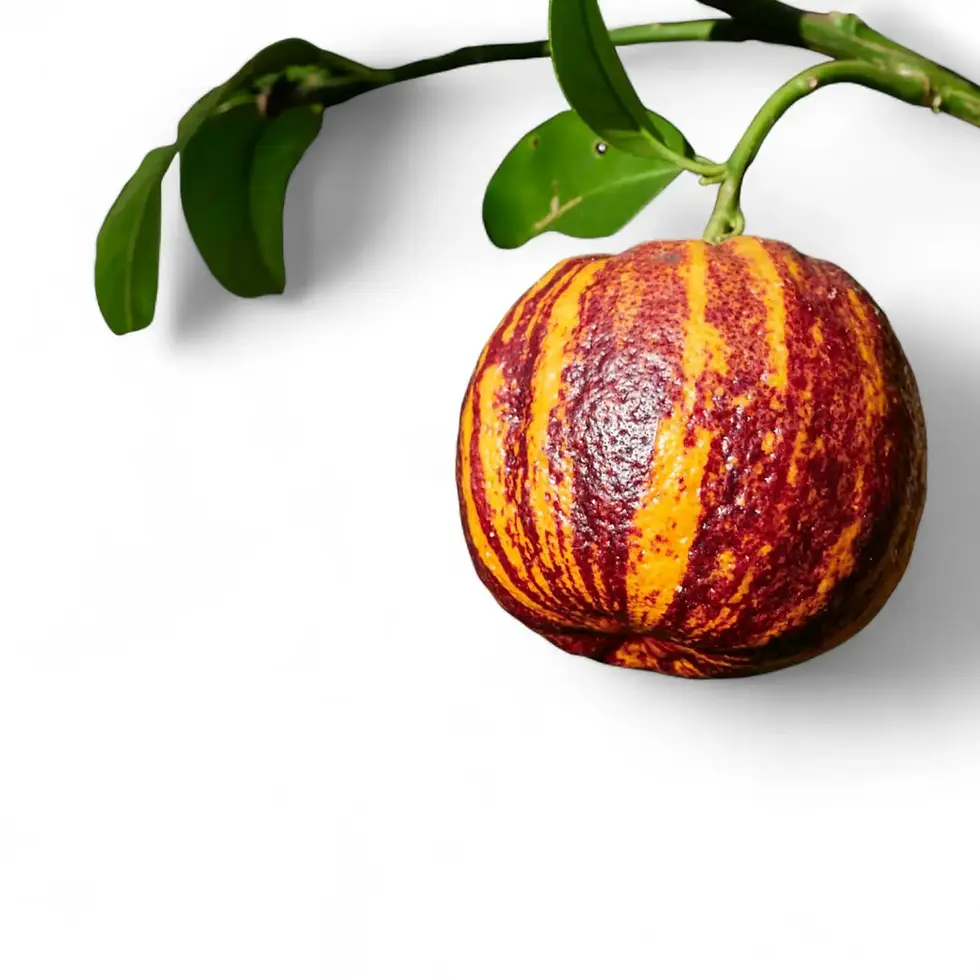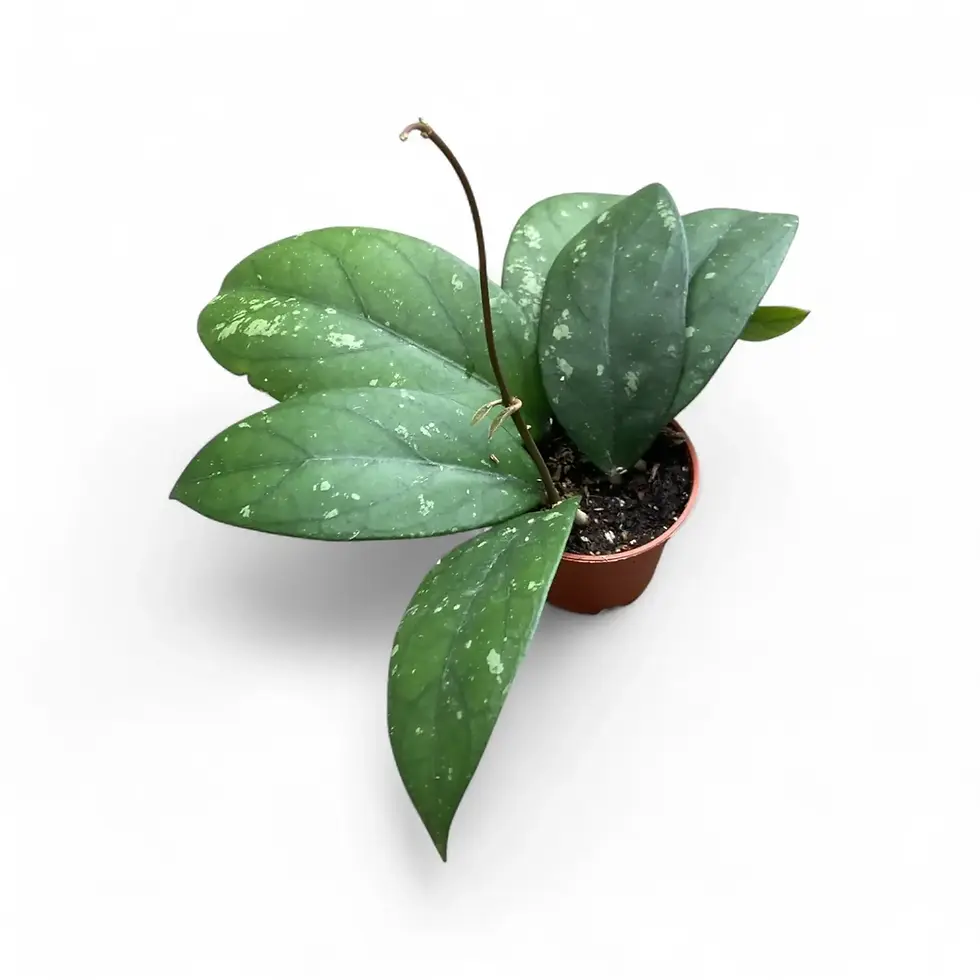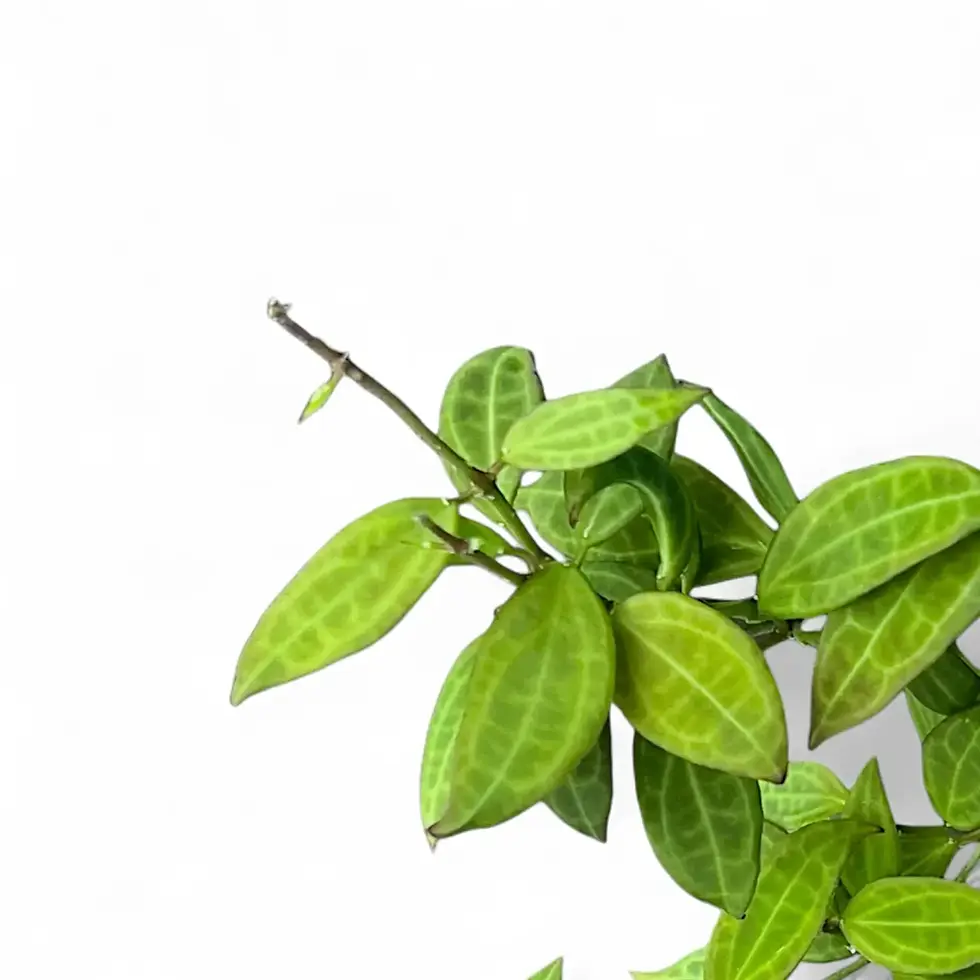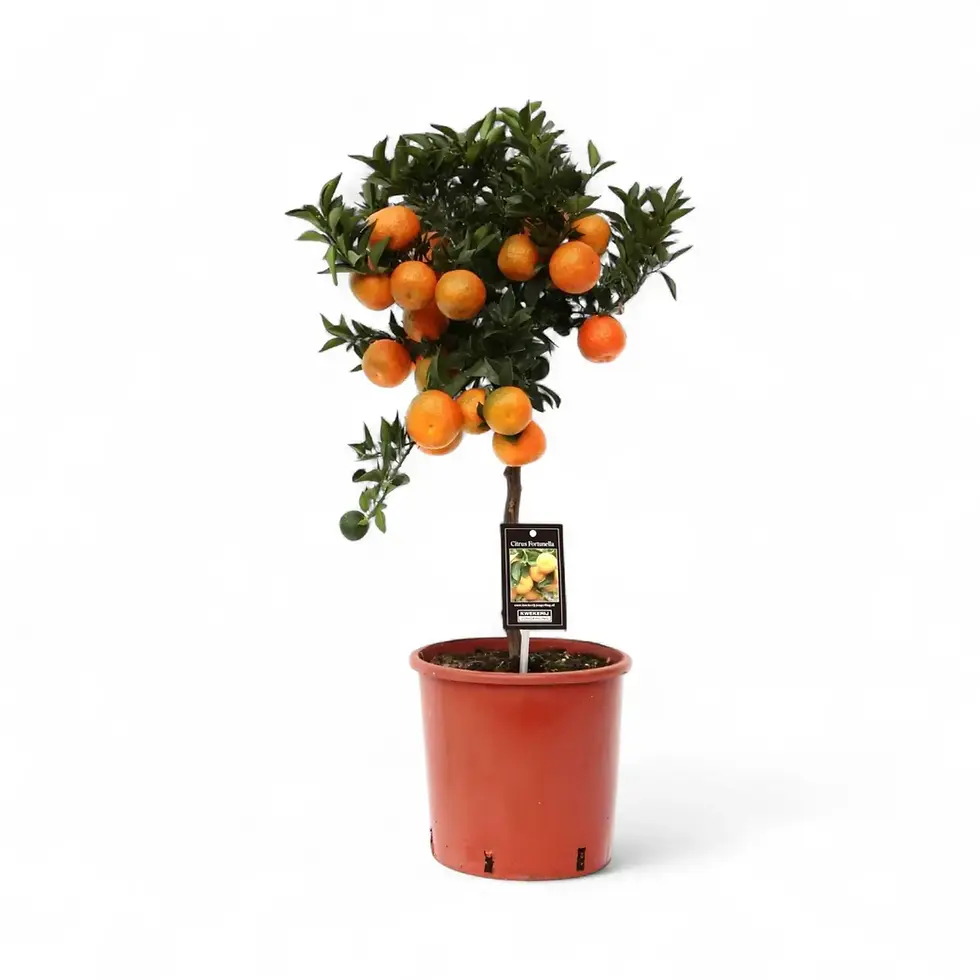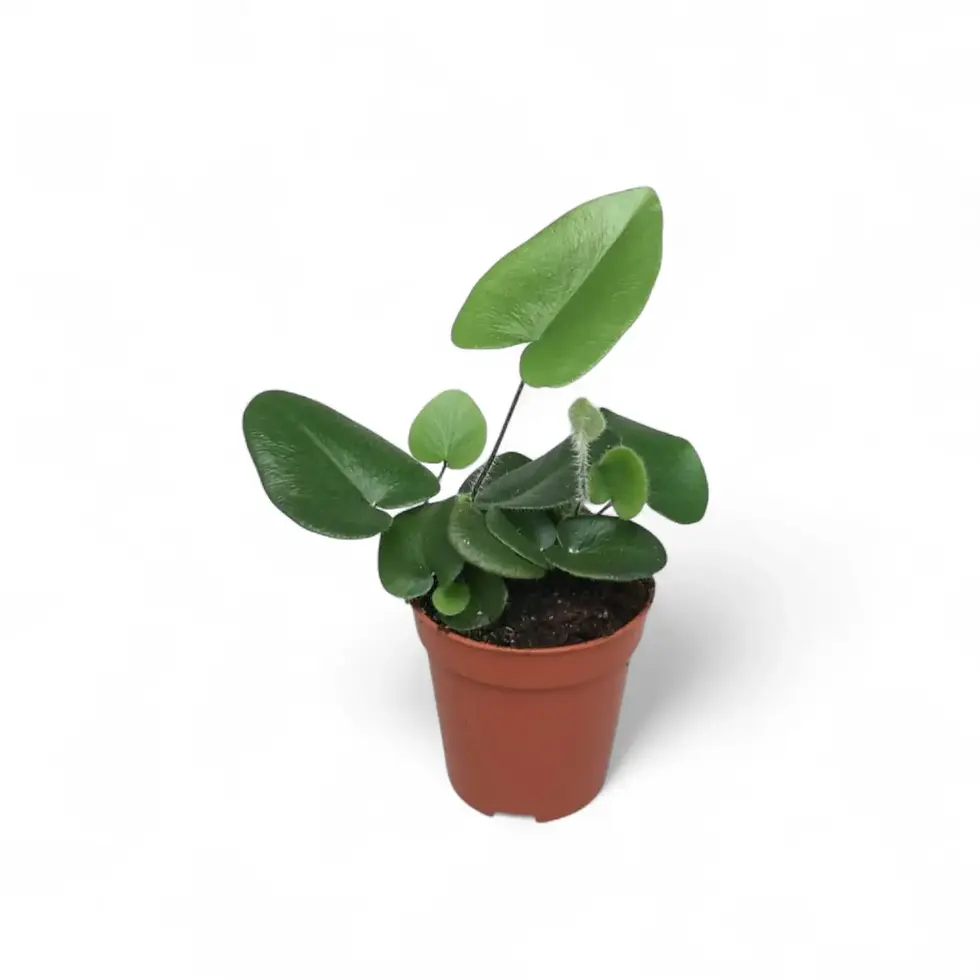Euphorbia stenoclada – Sculptural Spines and Simple Indoor Care
Euphorbia stenoclada is a wild-looking, highly architectural succulent native to Madagascar. It grows with slender, rigid branches that are lined with spines — giving it a dense, skeletal look that works beautifully in minimalist or desert-themed plant setups. The silvery-green stems branch sparsely, forming a tangled, upright silhouette. Despite its thorny appearance, this Euphorbia is easy to grow and rewards patience with a long lifespan and minimal upkeep. It’s especially valued by succulent collectors looking for something beyond the typical cacti and echeverias.
Unique features and benefits of Euphorbia stenoclada
- Branching shape: Grows with upright, narrow branches covered in short spines
- Hardy and dry-tolerant: Survives on very little water with excellent drought resistance
- Rare in cultivation: Uncommon in indoor collections, adding uniqueness to your setup
Growth behavior and origin of Euphorbia stenoclada
This species comes from the dry, sun-exposed coastal regions of Madagascar, where it grows on rocky terrain with sandy, alkaline soils. It thrives in full sun and harsh, dry conditions — temperatures in its habitat range from 10–30 °C with extremely low humidity and sporadic rainfall. Indoors, it maintains a manageable size of 50–100 cm in height over several years, growing slowly with a bushy, upright habit. The spines and sap are irritants and toxic if ingested, so this plant should be placed well away from pets and small children.
Euphorbia stenoclada indoor care instructions
- Placement: Choose a bright, sunny spot with good airflow and low-touch surroundings
- Light: Requires 6–8 hours of full sun or strong artificial light daily
- Water: Water deeply but infrequently; always let the soil dry completely between waterings
- Humidity: Avoid high humidity — this plant prefers dry air and open space
- Temperature: Grows well at 10–24 °C; avoid sudden cold or damp conditions
- Soil: Use a fast-draining cactus or succulent mix with added sand or pumice
- Repotting: Every 3–4 years or when roots outgrow the container
- Fertilizing: Feed lightly every 4–6 weeks during growth phase with a cactus-safe liquid fertilizer
- Propagation: Via cuttings; allow cut surfaces to callous fully before replanting
- Hydroponics: Not compatible with hydro or semi-hydroponic setups
- Pruning: Use gloves when trimming dead branches or shaping; avoid contact with sap
Issues and solutions for Euphorbia stenoclada
- Spider mites: Fine webbing or speckled stems Fix: Spray with insecticidal soap and increase airflow
- Mealybugs: Cotton-like patches in stem joints Fix: Dab with alcohol and monitor for reinfestation
- Rotting base: Usually from too much moisture or poor drainage Fix: Let soil dry out and repot into a drier mix with better drainage
Additional tips for successful growth
Euphorbia stenoclada doesn’t need much — just sun, space, and dry conditions. Think of how it grows in Madagascar: full sun, dry rocky soil, and little competition. Recreating this environment indoors means resisting the urge to overwater or crowd it with humidity-loving plants. Understanding where it comes from helps you give it exactly what it needs to thrive — minimal interference and maximum light.
Etymology of Euphorbia stenoclada
“Euphorbia” is named after the Greek physician Euphorbus. The species name “stenoclada” comes from Greek, meaning “narrow-branched,” describing its slim and upright structure. This species was described by French botanist Henri Ernest Baillon in 1887.
FAQs about Euphorbia stenoclada
- Can Euphorbia stenoclada be grown in containers long-term? Yes, it grows slowly and does well in pots for many years without needing frequent repotting.
- Is it cold-hardy? Not really — it should be protected from temperatures below 5 °C and kept dry during colder months.
- Does it flower indoors? It may produce tiny, greenish flowers in ideal conditions, but it’s mainly grown for its unique shape.
Want a bold, thorny plant with zero fluff and real attitude? Order Euphorbia stenoclada now and give your collection a dramatic twist.
Euphorbia stenoclada
Euphorbia stenoclada is approximately 120 cm tall and comes in a ⌀ 27 cm pot.



